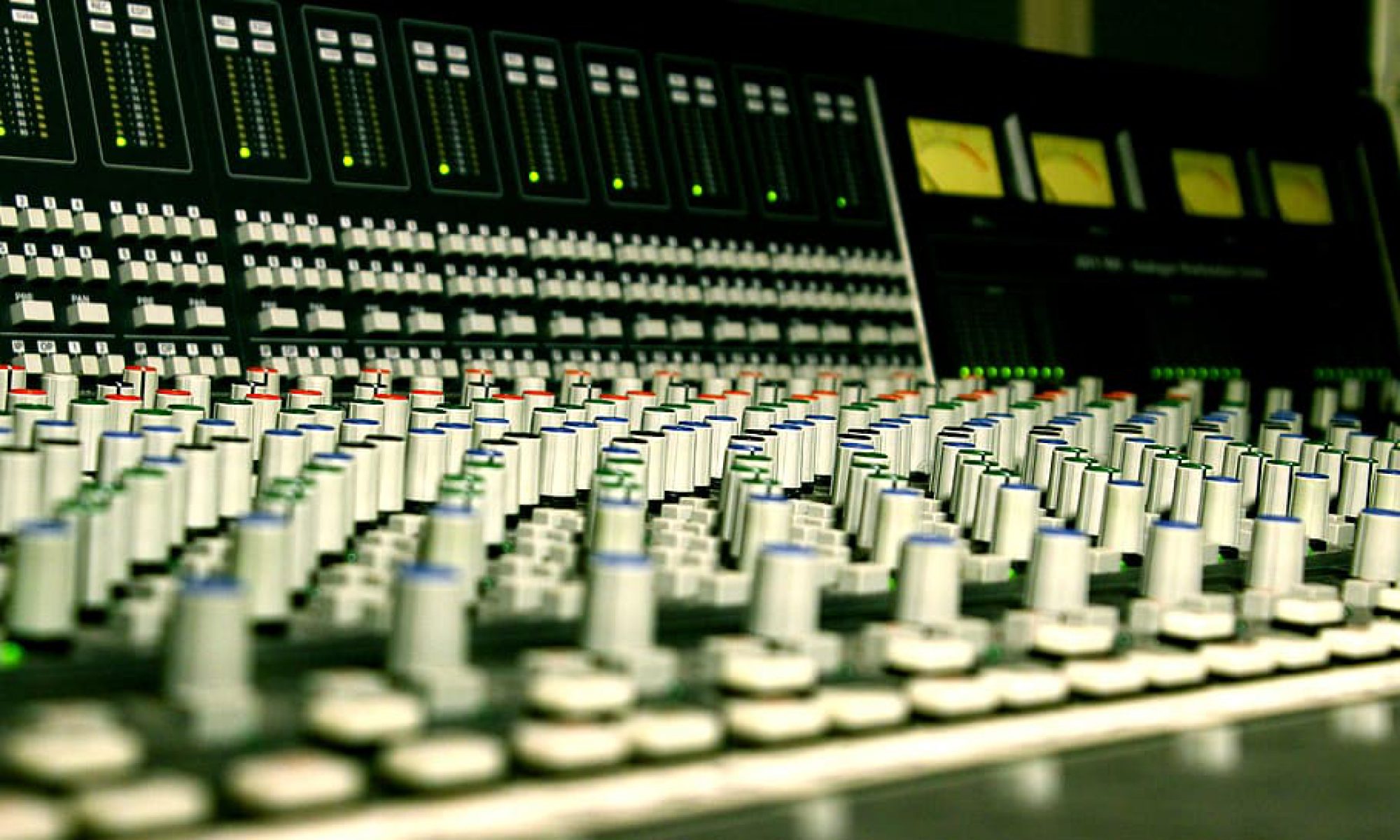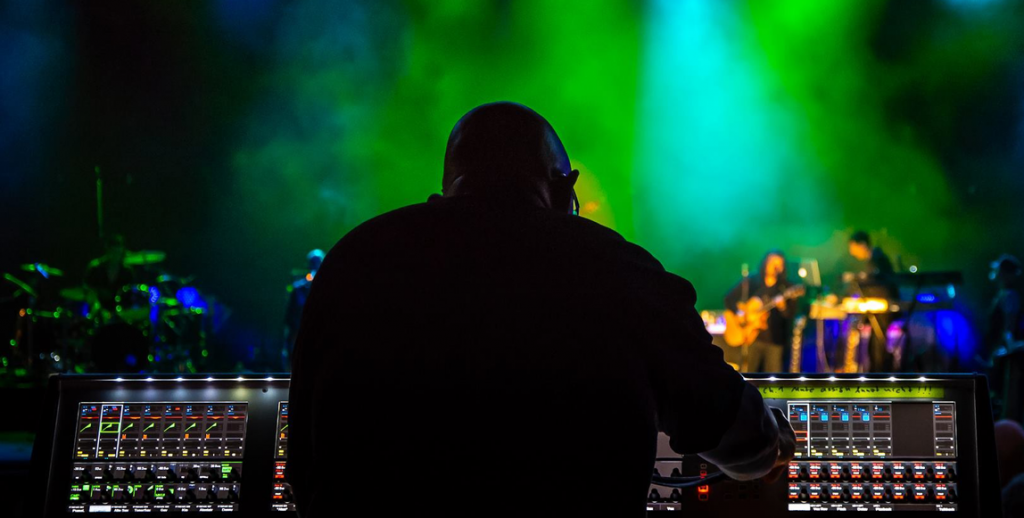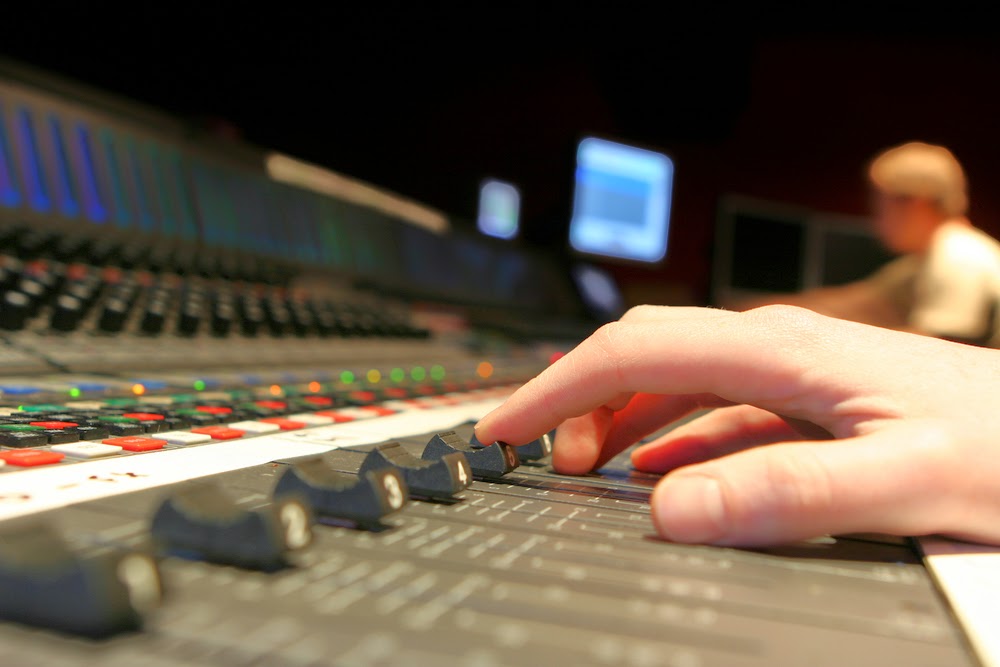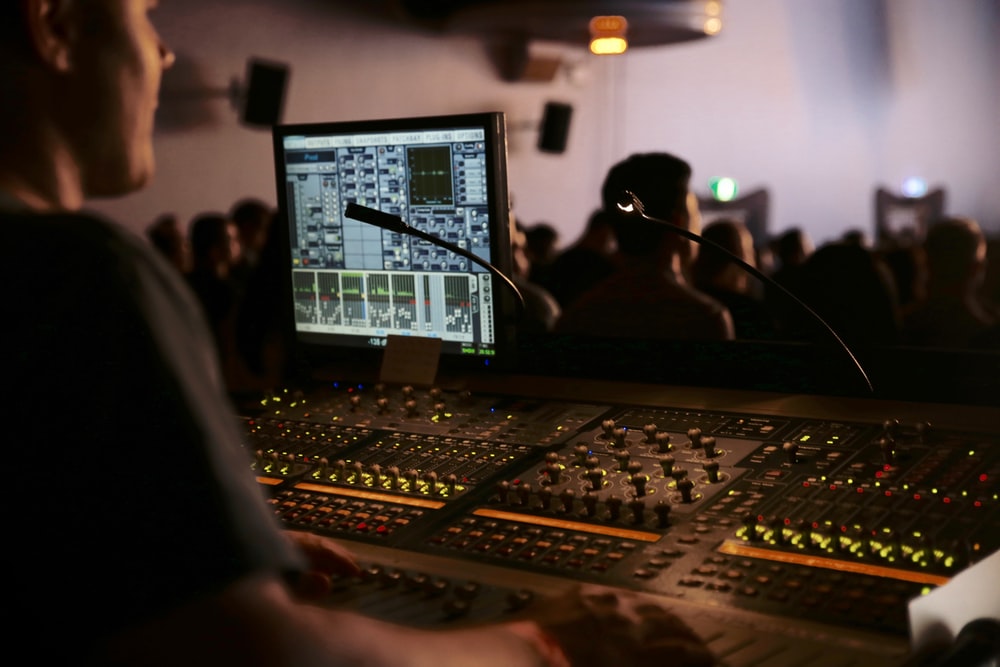Welcome back to our Tips and Tricks holiday series. Last week we talked about fixing as many known issues going into the busy season as you possibly can. I usually set a date that the craziness starts and get as much done as I can before that time. I also talked about clearing out hard drives, getting new gear installed, etc. If you missed it you can find it at this link. This week I wanted to take a bit of time to talk about pacing yourself. Specifically your exposure times as you try to get a lot of mixing done in a small amount of time.
I know a fair amount of mixers that don’t think about this as they mix even on a regular basis throughout the year. Let me put some context on what we are talking about. To give an example, my weekly schedule puts my main rehearsal with my band each week on a Thursday night starting at 7 PM and going sometimes up to 9:30 or 10 PM. Now, I come to work that day around 9 AM. This makes for a really long day. When I first started on this schedule I was really experiencing some ear fatigue by the time the day was done. I quickly realized that I needed to really protect my hearing throughout the day in order to be fresh for my rehearsal. That meant if I wanted to try out some new plugins or do some mixing I needed to do it before lunch on Thursday and really restrict my volume exposure all afternoon or simply take care of that stuff on the previous day. You see our ears are a muscle. When they work, they get tired and that affects what we hear or how we perceive what’s around us. However, over exposure can lead to hearing loss. I’m sure you all know this. But have you thought about what you listen to and how loud it is in your car? Have you thought about driving with your windows down (wind buffeting or blowing past us is the same as loud music)? What about when you mow or use your snowblower…are you using hearing protection? Anything we can hear exposes our ear drums to sound and makes them work.
So how can we last? Well the first and most obvious is to just give your ears a break every now and again. If you have a long rehearsal coming up, just turn the music down or better yet off. If you have a lot of music to mix, when you aren’t finalizing the track, don’t have your speakers at full volume. Use a variety of listening devices as well. From in-ears to headphones all the way up to studio speakers, each expose us differently. Do whatever you can do to not have things at full volume. If you need to do some EQ, instead of turning up your studio speakers to hear the intricacies, put on some headphones you trust and turn it down. Don’t worry, you’ll be able to check your work later on the big boy speakers. If you’re doing all kinds of playback for a big Christmas show, do your best to just do a few songs at a time and then take a break. Better yet, set an allotment amount of time you’ll mix everyday and stick to it so your ears can fully rest between sessions. If you’re doing a lot of IEM mixing over the holidays, be sure to create an extra mix buss for yourself and set it to a lower volume (or simply turn your output volume down) so that when you don’t need to be mixing you are giving your ears a rest. To my knowledge there is no way to magically extend this “perfect” hearing time so guard it carefully.
Practically you can do that using the above methods. Schedule your full volume and restrict it as much as possible. When you don’t need to be listening to something loud (like while you’re driving, etc) turn it down. But how does knowing this affect your mix? Well it means that you should be listening to folks telling you to EQ your stuff first. When we first start mixing our ears are at their best so use that time to dial in EQ not dynamics. Push the levels a bit and see where you can start to hear EQ. Do all the things that you really need to focus to be able to do. Think in the minutia. I always throw a really rough and tumble mix together right out of the gate and then start listening for what I need to change in my toms, or does the bass guitar tone seem right, or even is the verb that I have dialed in still working for me. All of those things will be hard to hear the longer I go. I start in the micro and move towards the macro. It can be hard to overlook a weird attack sound on a kick drum but I’ve found that if I can focus on tone first, the dynamics come easier because my foundation is solid.
So this week, as you mix, think about your exposure times. I know this next weekend I’ll be mixing 7 services spanning 3 days along with the two nights before that weekend full up with rehearsals. I know I’ll probably be really keeping an eye on how things feel and really leaning on my instruments (meters, Smaart, etc) as my checks to make sure things are operating well. That combined with lots of playback spread out as much as possible will ensure that I’m as fresh as possible for this weekend. I hope you can find a balance between work and rest over the coming weeks. Please reach out to me at daniel@studiostagelive.com with any questions or if you’d like some advice in this area. Just doing this simple stuff has resulted in nearly 18 years of mixing concerts, plays, etc and no measurable hearing loss (I get checked every year, age will soon be a factor but not yet thankfully). It is possible folks. Tune in next week to hear about the tools I use to mix effectively and efficiently. Be sure to subscribe at this link to be notified when that post goes live. Happy mixing!



